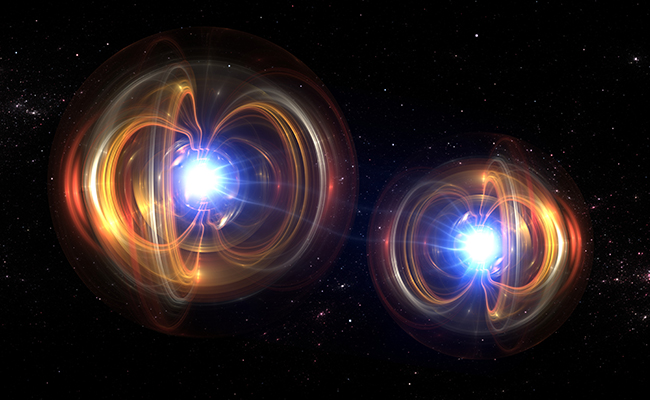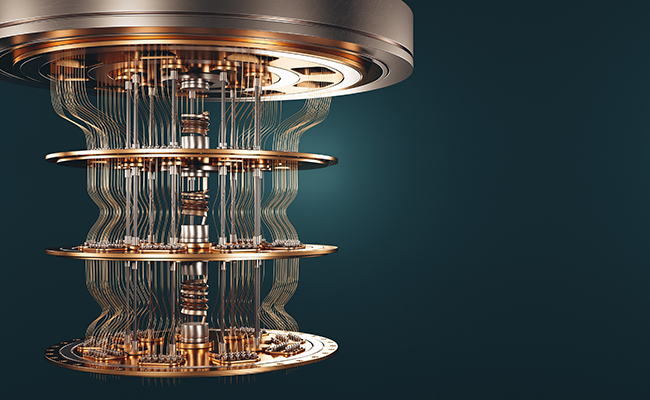
.jpg)
The first quantum revolution began in the early 20th century, when scientists put forward mathematical equations describing the structure of the atom and the quantum nature of electromagnetic fields. As a result of research during the first quantum revolution, technologies such as transistors, lasers, etc. were developed, paving the way for the information and technology era.
Having understood the quantum nature of particles and fields with the first quantum revolution, the development of practical applications on the manipulation of their properties (spin, polarization, etc.) and their non-classical interactions with each other started with the second quantum revolution in the early 21st century. The exploitation of quantum properties of particles has led to groundbreaking technological advances in computation, communication, metrology, sensors and imaging, etc., breaking classical boundaries.
.jpg)
Quantum technologies are making a significant impact in the field of communications, especially in the field of data privacy and cryptology. Thanks to quantum random number generators and quantum key distribution technologies, data can be encrypted in a way that cannot be decrypted. In addition, any attempt to infiltrate the communication line can be detected and the data flow can be stopped.

Quantum Sensors
One of the most interesting areas of quantum is quantum sensor systems. Today, LIDAR and RADAR systems, which operate with conventional light and RF sources, are widely used for target detection and tracking. However, these systems have a signal-to-noise ratio limited by the laws of classical physics due to factors such as sensitivity of system subcomponents, noise and losses. Quantum sensors and related systems stand out with their sensitivity that can go beyond the classical limits of target detection performance, low output power of which the active trace will not be detected by RADAR/LIDAR systems due to low output power, and the potential to neutralize damping materials in targets.

Quantum computers are systems that can contain multiple states instead of classical binary data, and also contain quantum phenomena such as "quantum entanglement" in their working principle. Classical computer systems, which are generally very successful in sorting and organizing basic data, are very limited in the search for statistical connections between different data points, which require complex algorithms. Quantum computing and quantum computer systems stand out with the benefits they will provide especially in the investigation of high complexity problems (artificial intelligence, atomic material modeling, cryptography, financial modeling and chaotic systems such as weather phenomena).
At ASELSAN, a Quantum Research Laboratory is being established under the Research Center to initiate studies in the field of Quantum Technologies. In terms of the experimental capabilities and research opportunities that the laboratory will have, it is aimed to be one of the only research laboratories in our country's industry and one of the few research laboratories in the world. With the academic collaborations of our Research Center, the Quantum Technologies Research Laboratory plans to carry out high-impact research and prototype development activities in its field.